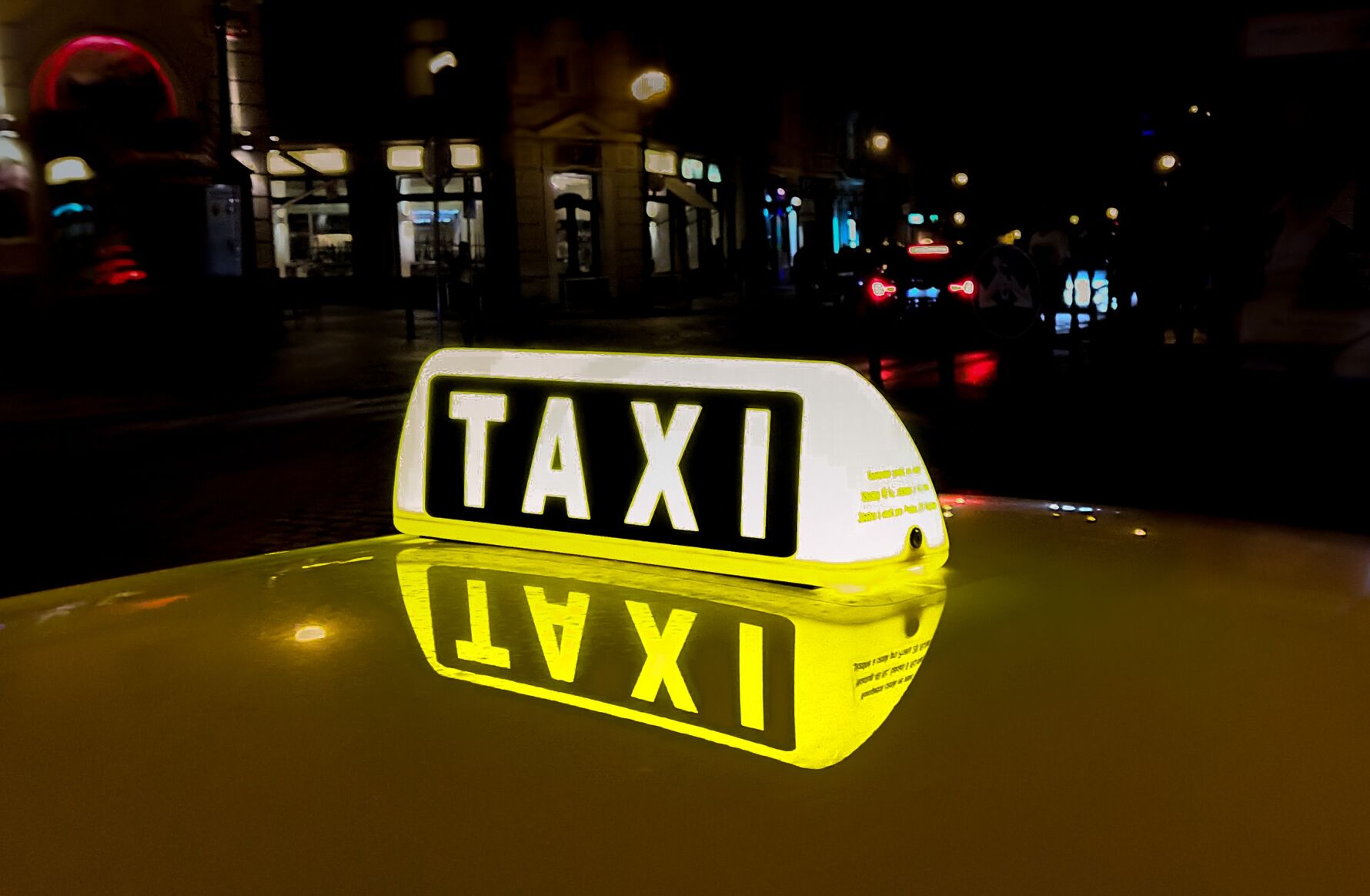Colorado justices question whether cab company is liable for passenger’s assault of good Samaritan

When Jose Garcia intervened to stop a belligerent passenger from assaulting a taxicab driver, it was a foreseeable event given the risks that drivers regularly face, both he and the cab company agreed.
But when the passenger stole the cab and used it to run Garcia over, causing massive injury, Colorado Cab Company insisted the turn of events was so inconceivable that it should not be liable for paying Garcia the $940,000 a jury awarded him.
During oral arguments on Tuesday, Colorado’s Supreme Court justices appeared reluctant to override the jury’s determination that, considering Garcia’s status as a “rescuer,” the extreme form of assault on someone aiding a cab driver was foreseeable by the company.
“As unusual as this event is, it’s really no more complicated than the assailant taking the instrument at hand,” said Justice William W. Hood III, referring to the taxicab itself.
Nearly 10 years ago, Garcia came upon a cab stopped near 44th Ave. and Tejon St. in Denver. The intoxicated passenger, Curt Glinton, was beating the taxi driver because he did not want to pay the $6.50 fare. Garcia told the men to stop fighting, prompting Glinton to begin assaulting Garcia.
Glinton then got into the cab, turned it around and ran over Garcia, dragging him. Glinton backed up over Garcia again. Although prosecutors charged Glinton with attempted murder, he pleaded guilty to assault and received eight years in prison.
Garcia, who suffered a traumatic brain injury, sued under the “rescue doctrine,” arguing Colorado Cab failed to install partitions and cameras in its vehicles to protect its workers, despite the known risk of assaults. Therefore, it was foreseeable the driver would need rescuing from a violent passenger. Jurors agreed, concluding Garcia was entitled to $1.6 million in damages, caused by both Glinton and Colorado Cab.
Although the Court of Appeals reversed the verdict, finding Garcia was not a rescuer because he “merely” told Glinton and the driver to stop fighting, the Supreme Court upheld Garcia’s status as a rescuer in 2020.
The case returned to the Court of Appeals, where a three-judge panel addressed a different question: Did Colorado Cab’s negligence cause the entirety of Garcia’s injuries? By 2-1, the panel said no.
“Glinton’s theft of the cab and his subsequent use of the cab to deliberately run down Garcia were (1) outside the risks reasonably to be anticipated from Colorado Cab’s failure to protect its driver,” wrote Judge Jerry N. Jones, “and (2) outside the risks reasonably to be anticipated from an attempt to rescue a cab driver in these circumstances.”
Consequently, the panel’s majority ordered a new trial solely to determine the money due to Garcia for any injuries he suffered before Glinton stole the taxi.
Retired Supreme Court Justice Alex J. Martinez, who sat on the panel, disagreed. He felt a jury could reasonably conclude the theft of a car and its use as a weapon were conceivable consequences from the failure to protect taxi drivers. The entire encounter, he wrote, was essentially “a single, continuous response to a rescue beginning with a simple assault and escalating, in a matter of minutes, to an assault with a weapon.”
On appeal to the Supreme Court, Garcia’s lawyer argued Martinez’s view was correct.
“We know from Colorado Cab’s safety manual that they anticipated that attackers might have weapons, they might have guns, they might have knives, they might be homicidal,” said Chip G. Schoneberger. “The whole thing is bound together by the same assailant’s intent to harm the same victims.”
Colorado Cab repeatedly emphasized Glinton’s use of the cab was “unforeseeable,” “unprecedented” and “unusual.” In return, several justices pointed out Garcia’s jury did not necessarily see it that way.
“Why is it so crazy to think that could happen?” asked Justice Carlos A. Samour Jr.
“Why shouldn’t I look at this and think the (Court of Appeals) basically just substituted its judgment for the judgment of the jury?” added Justice Maria E. Berkenkotter.
Attorney E. Catlynne Shadakofsky responded that attempting to rescue someone from a fistfight does not normally carry the risk of being run over with a car.
“Maybe the rescuer anticipates getting punched or stabbed,” she said. “That might be a reasonable escalation -“
“Why is it any more likely that you’d get stabbed than it is that someone in a cab would take that cab and run you over?” interjected Justice Melissa Hart.
Members of the court emphasized that their role was to decide if Glinton’s assault with the cab was so unforeseeable a jury should not even consider it.
“It can’t be just because it’s unusual, that it’s weird, it’s unprecedented,” said Hood.
The case is Garcia v. Colorado Cab Company, LLC.














